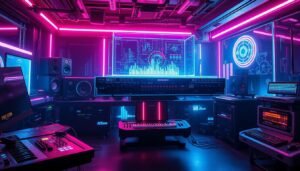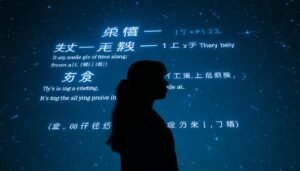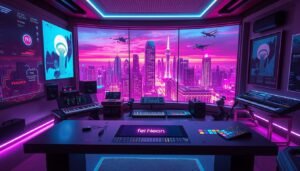More from Fei Neon 飛霓音

03:543

03:391

02:551


03:336



03:451

03:331

04:021

04:121

03:462
Similar

03:51


04:02

03:58


02:20



03:33

03:39

03:33

04:12





Comment